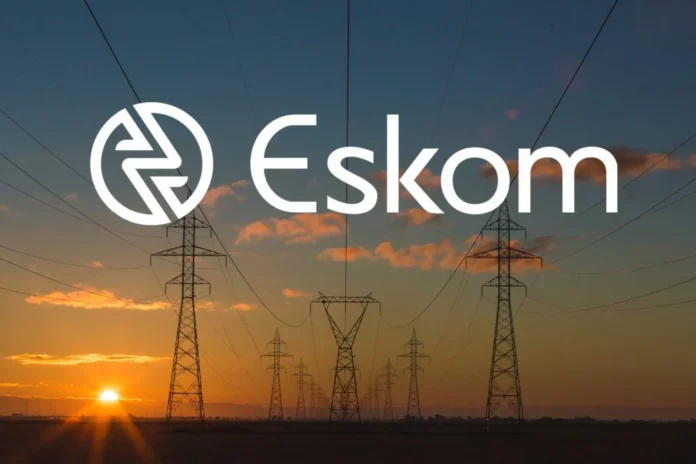Corruption looms large at the state-owned power utility Eskom, according to the head of the special investigating unit (SIU), Andy Mothibi, who revealed a trend of organised crimes involving officials at the entity.
Mothibi was briefing parliament’s standing committee on public accounts on the status of Eskom investigations.
The corruption watchdog’s boss told the committee that some employees at Eskom are involved with companies that do business with the power utility, saying this constitutes misconduct, because employees are not supposed to exploit the entity for personal gain.
“Employees are prohibited from having a personal or other interest in an Eskom contract, whether as a supplier, an advisor, or by virtue of being a director or owner of a business, or in any other capacity,” Mothibi told the committee.
“This includes third-party related transactions with an indirect link to an Eskom contract. In terms of section 17(1) of Precca [Prevention and Combating of Corrupt Activities Act], a public official who holds an interest in any contract emanating from or connected with the public body in which he is employed is guilty of an offence.”
Explaining how corruption unfolds, Mothibi said these corrupt individuals facilitate contracts with coal providers notwithstanding concerns about the quality of the coal.
He also shared that at one instant, poor-quality coal was supplied to the Majuba power station from Brakfontein mine, because of corruption, explaining that good-quality coal was presented to the station for testing, however, it was bad quality that was later delivered.
He added that technical reports questioned the suitability of the coal, however, the concerns were dismissed.
“Despite these concerns, a contract was entered into with Tegeta at an inflated price. Laboratory testing processes were interfered with by submitting coal that was not from the Brakfontein mine for testing.
“This happened due to the deliberate actions of Eskom officials who made sure that samples for testing were obtained in the absence of Eskom observers [and] facilitated the swapping of samples by transporting samples to the laboratory in a truck that was not fitted with the contractually required tracking device.
“The mine delivered non-compliant coal from the areas that are not stipulated in the contract. This is achieved by manipulating pre-certification processes at the mine [i.e. certifying coal that is non-compliant].
“Once the coal is delivered at the power station, no further quality checks are conducted before coal from different origins is mixed. It is imperative that coal is tested upon arrival at power stations and prior to being mixed with coal from other mines. This is not currently taking place.”
According to Mothibi, although corruption has been happening for some time, it is not easy to point out, as the systems put in place to monitor the conduct of officials are not fully competent to pick up such misconduct.
Mothibi added that the officials involved in this kind of corruption have developed ways of hiding their involvement with the utility’s business associates, adding that some officials do not benefit from the dealings directly.
“In some instances, Eskom officials approach complete strangers. This is part of the modus operandi. They approach complete strangers to set up sub-contractors and bank accounts through which to channel funds to officials. So, this is a deliberate scheme used by officials in terms of fleecing Eskom.
“What further complicates the identification of conflicts is that Eskom vendors often pay kickbacks to officials indirectly by paying the creditors of the official directly [e.g. by paying the official’s child’s school fees],” he said.
Follow @SundayWorldZA on Twitter and @sundayworldza on Instagram, or like our Facebook Page, Sunday World, by clicking here for the latest breaking news in South Africa. To Subscribe to Sunday World, click here.
Sunday World



